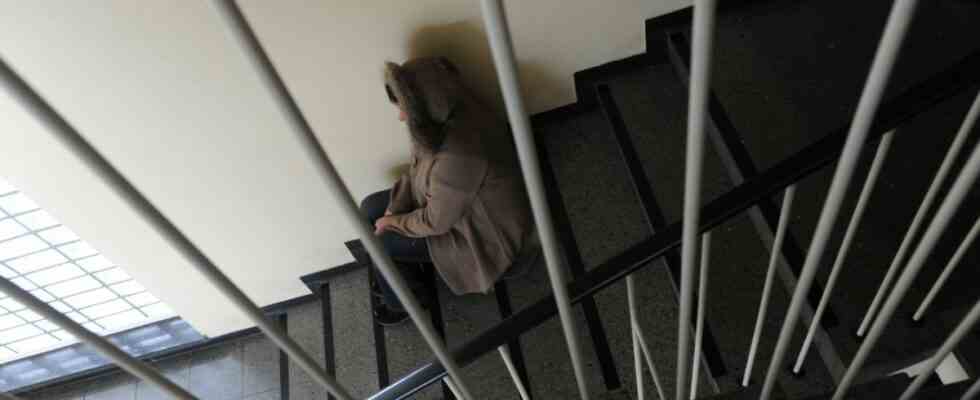The city of Munich wants to take action against gender-specific violence over the next three years with a bundle of measures. The second mayor, Katrin Habenschaden (Greens), presented a corresponding action plan on Monday. The social committee is to deal with the plan in its public meeting on Thursday, and the city council will then approve it on Wednesday next week. “For me, the action plan is the most important equality policy decision that the city council will make this year,” said Haben Schaden.
“It’s about very concrete improvements for people who are affected by gender-specific violence,” explained the mayor. These are mainly women and girls, but also lesbians, gays, bisexuals and transgender people as well as people who feel queer or non-binary. Because gender-based violence usually comes from men, “we have to sensitize and educate our boys and young men,” she said. The aim is “a change in behavioral patterns”.
The reason for the development of the plan was the Istanbul Convention, with which the European Union wants to combat domestic violence and violence against women. The internationally binding agreement was also ratified by Germany in 2018 and has repercussions down to the local level. In Munich, people believe they are in a good starting position because many facilities and structures are already in place. That’s why it was a matter of “identifying gaps and crystallizing focal points,” as habenharm said.
Nicole Lassal, the city’s Equal Opportunities Officer, listed the various fields of action. The focus of the work is on preventing acts of violence, based on a campaign to raise awareness of the issue. In Germany, around 300 women are killed every year because of their gender, “a large group of victims who go unnoticed in public,” as Lassal noted. Such homicides or femicides are still played down in the news as “family drama” or “jealousy tragedy”.
As part of the action plan, safe places should be made available to women who are threatened by domestic violence. The 80 places in the three local women’s shelters will be increased for this purpose. Two more facilities with 24 and 18 places are being planned, especially for women with addictions or mental illnesses. “We have these women with us at the moment, but we can see that we cannot look after them adequately,” said Sibylle Stotz, who runs one of the established houses with her association “Women help women”.
Stotz also pointed to the increase in digital violence, the increase in cyberbullying and the spread of child pornography on the Internet. In this respect, too, it is important to counteract gender-specific violence. “A huge, scary field opened up and was intensified by the corona pandemic,” says Stotz. “During the pandemic, everyone was sitting at home on the devices, and parents often didn’t even know what their children were watching.”
Technical advice is just as necessary as the educational work: Many women who are being persecuted by their current or former partners are not even aware of how easily they can be found via their smartphone. In this respect, Sibylle Stotz says about the diverse action plan: “The practice welcomes it!”

